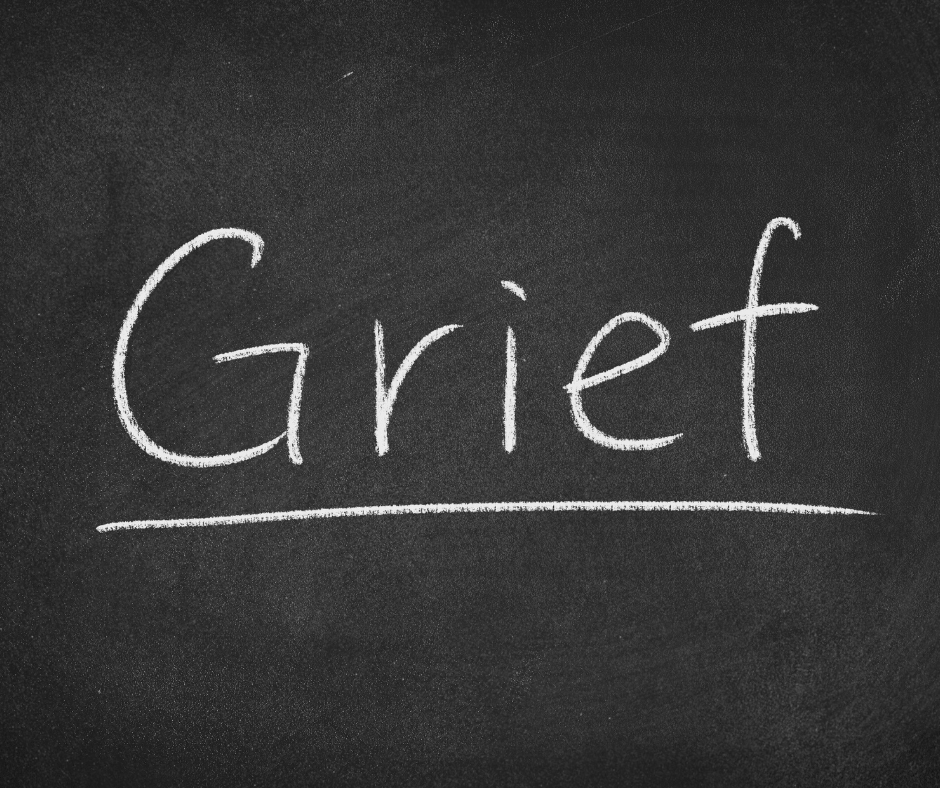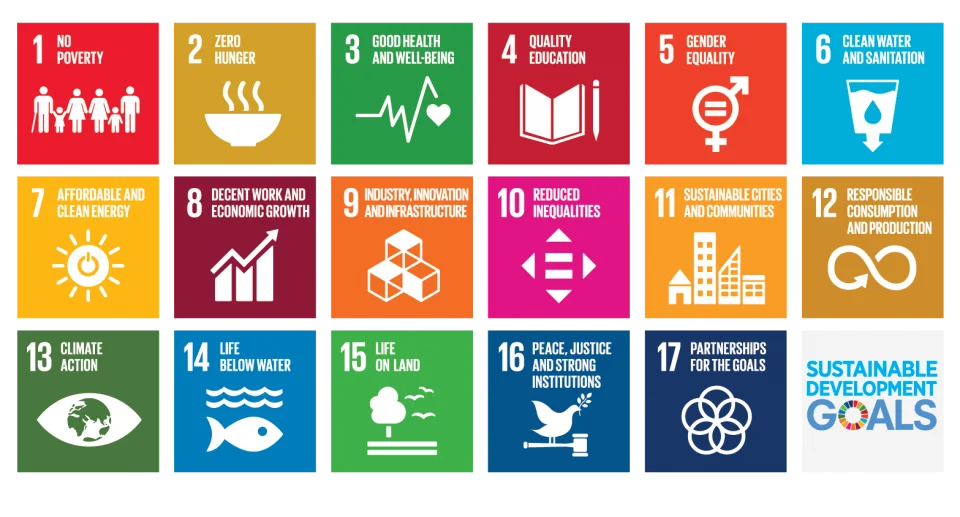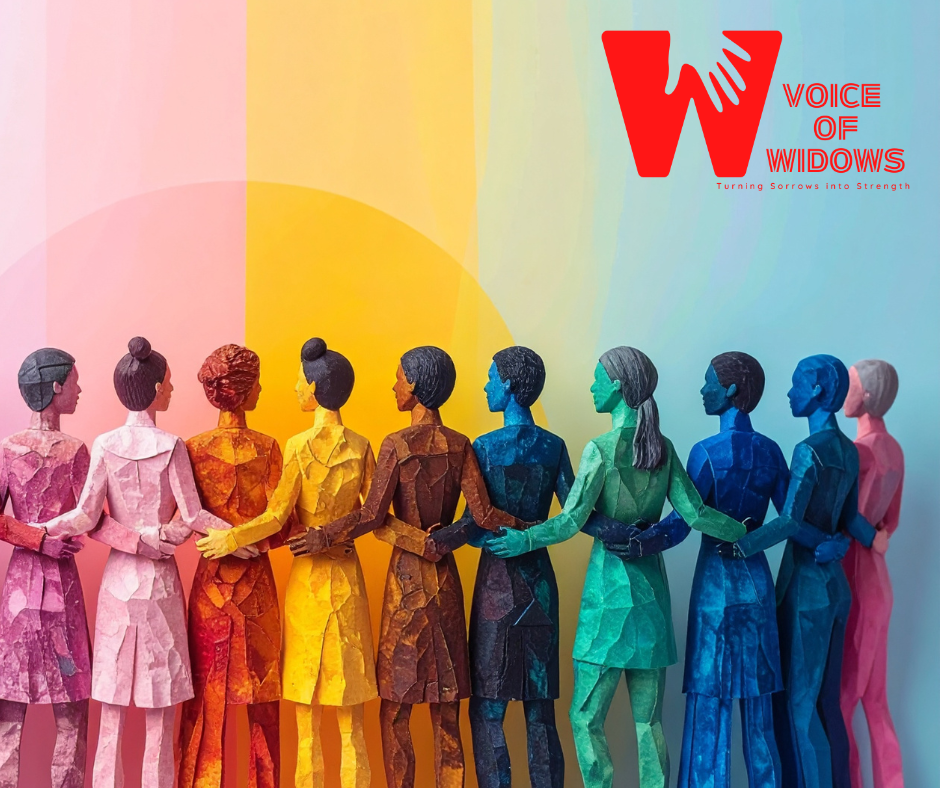Grieving is one of the most profound and personal experiences a human can face. The loss of a loved one, the end of a relationship, or even the shattering of a dream can leave a person feeling adrift, overwhelmed, and emotionally raw. Yet, while grief is universal, many of us unknowingly fall into patterns that slow our healing, deepen our pain, or even create long-term emotional scars. Understanding what not to do while grieving is just as critical as knowing how to care for yourself in the midst of sorrow.
1. Do Not Suppress Your Emotions
One of the most common mistakes is bottling up feelings. Society often pressures us to “be strong” or “move on,” but grief is not a race. Suppressing sadness, anger, guilt, or confusion can lead to long-term emotional and even physical consequences. Cry, scream, write, or speak about your feelings — let them flow instead of burying them.
2. Avoid Isolating Yourself Completely
It might feel natural to retreat from the world, but isolation can intensify grief. Human connection is a powerful tool for healing. Surround yourself with understanding friends, family, or support groups. Even a brief conversation or shared silence with someone who cares can remind you that you are not alone in your pain.
3. Do Not Rush the Process
Grief has no timeline. Forcing yourself to “get over it” quickly or comparing your journey to others’ can create unnecessary pressure. Each person’s process is unique. Give yourself permission to take the time you need to grieve, reflect, and slowly rebuild.
4. Avoid Self-Destructive Behaviors
Turning to alcohol, drugs, excessive work, or other harmful coping mechanisms might feel like temporary relief, but they only delay healing and can create additional problems. Instead, focus on nurturing activities: journaling, walking in nature, meditation, or practicing gratitude for small daily blessings.
5. Do Not Ignore Professional Help if Needed
Grief can sometimes lead to depression, anxiety, or prolonged emotional distress. Seeking therapy or counseling is not a sign of weakness; it is an act of courage. A professional can provide guidance, coping strategies, and a safe space to process intense emotions.
6. Avoid Overlooking Your Physical Health
Emotional pain often manifests physically — disrupted sleep, fatigue, or weakened immunity. Maintaining a basic routine with proper nutrition, hydration, and gentle exercise can support your emotional healing. Your body and mind are interconnected; caring for one aids the other.
Grief is undeniably painful, but it is also an opportunity for transformation. By recognizing what not to do while grieving, you can protect yourself from unnecessary suffering and create a pathway toward acceptance, resilience, and renewed purpose. Remember: healing does not mean forgetting; it means learning to live fully while honoring what you have lost.







